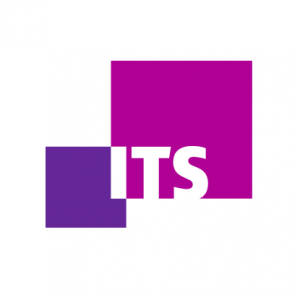Brazil Can Shine Bright with Artificial Intelligence at the G20
Column by Ronaldo Lemos published in Folha de São Paulo.
published in
14 de May de 2024
categories
theme
The country must transcend a regulatory approach overtly derived from the European model.
During its presidency of the G20, India made a lasting impression by
championing Digital Public Infrastructure (DPI), emphasizing the
significance of developing public digital platforms like Pix or SUS Digital.
Indeed, the potency of the Indian proposal reverberated worldwide.
Now, as G20 chair, Brazil has prioritized the regulation of artificial
intelligence as a critical theme of its digital agenda. Yet, there’s a
risk that Brazil’s presidency may not achieve the impactful resonance of
India’s term.
The focal point of Brazil’s digital showcase to the world is the enactment
of an artificial intelligence regulation. However, this “Brazilian” bill is
heavily influenced by the European model. A study by the Digital
Innovation Movement highlights that approximately a third of the
provisions in the Brazilian law reference the European framework,
demonstrating the “Brussels Effect.” The study reveals that 95% of the
Brazilian version of this law establishes obligations or bureaucratic
structures, with only 5% addressing national competitiveness. Notably,
the critical issue of employment concerning artificial intelligence is
scarcely mentioned.
Contrasting with European legislation, where various measures aim to
secure jobs and bolster competitiveness in AI, Brazilian law has mainly
adopted European obligations without integrating measures that enhance
competitiveness.
A clear path is evident for Brazil to stand out at the G20. The first step is
to unify the various societal sectors currently appearing divided. The
process of drafting the Brazilian law has led to dissatisfaction and a
sense of inadequate consultation, with the perception that societal
consultations were insufficient. A recent example is the briefly announced
14-day period for public contributions to the draft law, from April 24 to
May 8, which many feel is insufficient to analyze a document containing
66% new material. In other words, it’s an artificial intelligence law with an
equally artificial consultation with society.
However, there is still room for improvement. The initial step should
involve a three-month broad and transparent public consultation.
Following that, the goal should be to draft a genuinely original law that
isn’t overly influenced by the Brussels Effect and addresses critical issues
for the Brazilian populace, such as employment, competitiveness, and
education, beyond just the risk aspects currently dominating 95% of the
text. If achieved, Brazil could then present an innovative and original law
at the G20, reflective of our capabilities and a process in which the entire
society was genuinely consulted.
In conclusion, we must shift from the current steamroller approach that
suppresses diverse views to a dialogue typical of participatory
democracy, reminiscent of Brazil’s approach between 1988 and 2014.
This shift is crucial for Brazil to shine internationally by blending unity,
participation, and originality. There’s still time to correct course and
ensure Brazil shines at the G20.
What’s out: India’s presidency of the G20, which left deep impressions.
What’s in: Brazil’s presidency of the G20.
What’s next: Evaluating whether Brazil can produce an original digital
proposal, as India did.

